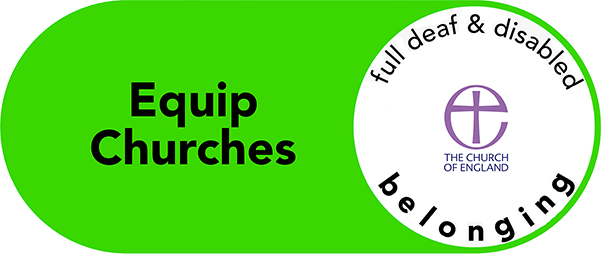
Ways of wellbeing: How Bristol Diocese has developed mental health support in churches over the last 5 years.
Churches often do not recognise the contribution that activities they already run make to wellbeing and maintaining good mental health.
Coffee mornings, art clubs, lunch clubs, holiday at home and more; all have a positive effect on wellbeing in all ages but especially in older people, it turns out, according to the findings of Leanne Parkes.
Since 2022, generously funded by the St Monica Trust, Bristol Diocese has employed Leanne as Dementia & Older Peoples Mental Health Adviser. She has been able to track work of all kinds happening in churches across Bristol Diocese that promotes mental wellness for older people, including those living with dementia and their carers.
Volunteers and attendees, without exception, have told Leanne that attending a church group, activity or volunteering opportunity contributed positively to their mental health. Many of them say that although they love the cake, craft, food and music the most important thing is connecting with others, giving to others, and learning new things.
Leanne also found that some churches have been running courses and activities with the objective of informing and increasing skills around resilience and wellbeing. Kintsugi Hope, a course based on making a feature of the scars on our lives rather than attempting to conceal them,…… is popular among some churches in Bristol Diocese.
Training Mental Health First Aiders
Encouraged by these findings, Bristol Diocese has taken steps forward with its work supporting mental well-being. It began offering a 2-day training course to people in parishes across the diocese in mental health first aid, with Mental Health First Aid England.

That in turn led to offering a shorter course with appeal to a wider group of people who might be among the first informal contacts of anyone with mental health needs arriving in a church.
Mental Health First Aid (MHFA) is an internationally recognised training course which teaches people how to spot the signs and symptoms of mental ill health and provide help on a first aid basis. Feedback from the parishes has been positive. In the last three years alone, the Diocese has trained over 140 Mental Health First Aiders (MHFAiders) in courses both in person and online. For any MHFAider trained in the Diocese, Bristol runs a drop in space once a month, offering an opportunity to ask questions and share experiences; supporting parishes with all thing’s mental health. There is also a plan to run an annual conference for their MHFAiders.
The shorter, half-day Mental Health Awareness course has been written jointly in house. The course was rolled out in November 2023 and was written to be tailored to the different contexts across the Diocese while still sharing the most up to date mental health support and safeguarding advice.

Feedback from parishes for all training has been overwhelmingly positive. Overall, people feel more confident in supporting individuals in churches and community groups who are presenting symptoms of mental ill health in a way that holds safety for all at the forefront.

In 2023 the diocese appointed Mental Health Advisor Hayley Brydges (right) to build on the excellent work already started and develop opportunities for training further. Leanne (left) and Hayley work under the guidance of Rev Alice Kemp, (centre) Disability Officer for the Diocese, making up the small but passionate Disability & Mental Health Team.
The team are also building connections and partnerships with others both within and outside the diocese including statutory authorities, voluntary groups and other denominations. Revd Alice should have the last word: “Churches are places people often go in a crisis – we want our churches to be equipped to welcome and support people at these challenging times.”
Looking ahead – What Bristol Diocese is hoping to do
Plans include the following:
- Launching a Mental Health Friendly Church award – encouraging churches to raise awareness and play a their part in destigmatising mental health.
- Promoting ‘Anna Chaplaincy’ across the Diocese.
- Updating the website with information about mental health and signposting to what is available.
- Organising an in-person Networking event for MHFAiders across the Diocese.
- Creating a platform for carers to talk to each other – it is well documented that a significant percentage of carers have poor physical or mental health.
- Encouraging churches to sign up to the Hidden Disabilities Sunflower Scheme (Bristol Diocese has signed up too). Many mental health conditions hidden disabilities.

Leave a comment